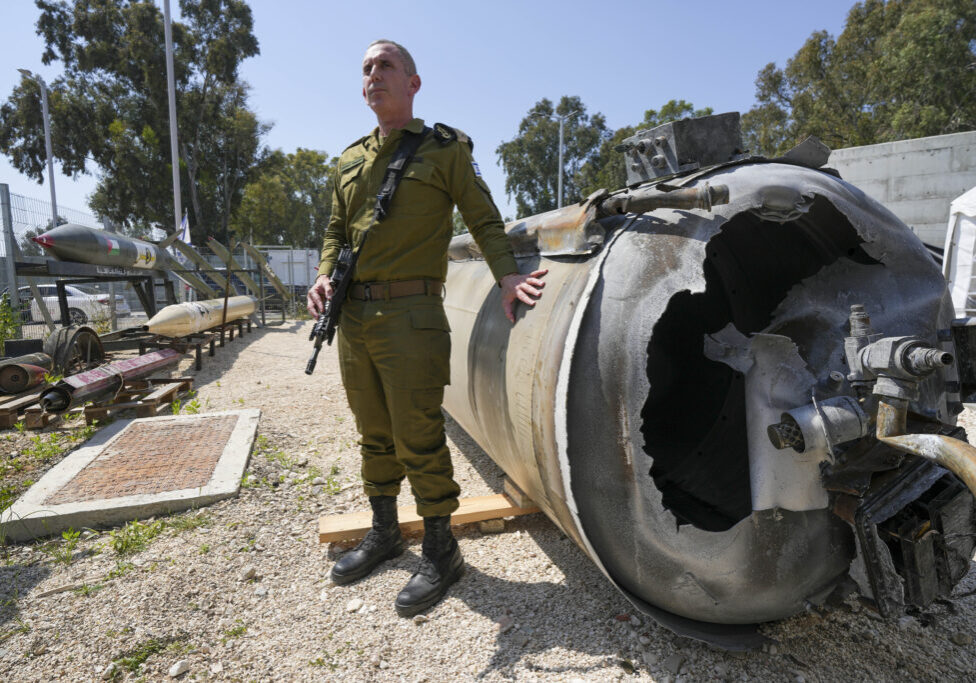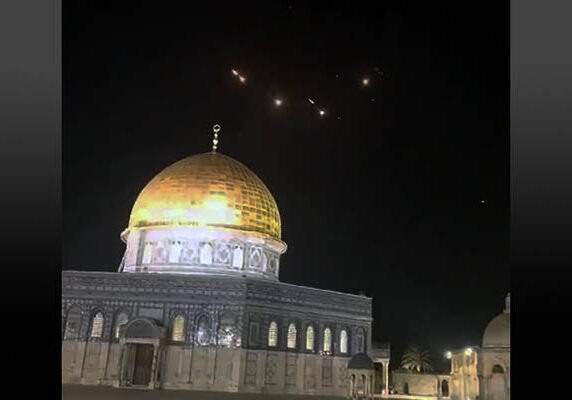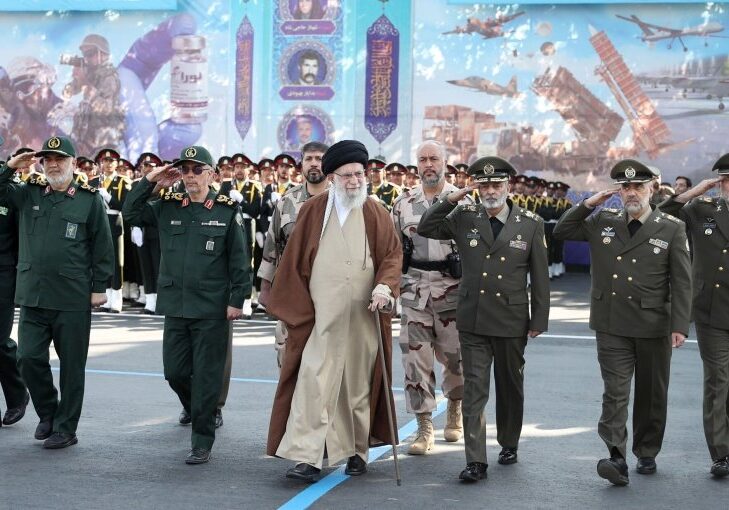Australia/Israel Review
AIR New Zealand: UN-Focused
Oct 27, 2009 | Miriam Bell
Miriam Bell
UN-Focused
When the report on the United Nations inquiry into the most recent Israel-Gaza conflict was released, I immediately thought that it would be interesting to observe what type of comment it generated in New Zealand. Although Kiwis often have little time for the United Nations, the conflict itself had generated a lot of attention and heat.
As it happened, the Goldstone report was rapidly overshadowed by the massive tsunami which hit Samoa and Tonga not long after the release of the report. For New Zealand, which has one of the biggest Samoan populations in the world outside of Samoa, the devastation caused by the tsunami was a matter of pressing local concern. The issues surrounding the rights and wrongs of a 575-page report by a South African judge paled in comparison.
In fact, just one MP addressed the report at all. The Green Party’s foreign affairs spokesperson Keith Locke posted a blog entry on the topic: He welcomed the report and noted that the Green Party had condemned Israel’s actions at the time.
After listing the report’s main findings, Locke said the report recommends that the Security Council refer Israel to the International Criminal Court if Israeli investigations and prosecutions are not carried out within six months. This, he said, fits in with the determination of parliament’s Foreign Affairs, Trade and Defence Select Committee, of which he is a member, that New Zealand should support the efforts of the UN Headquarters Board of Inquiry to seek accountability and reparations following attacks on UN facilities in Gaza.
The editorial tone of the media coverage of the report largely followed Locke’s tone and thoughts. While major mainstream media organisations – whether print, radio or television – tended to offer syndicated news reports from overseas agencies (like Reuters and Associated Press) as their news coverage, several newspapers (including the Dominion Post, the Press, and the Herald on Sunday) also printed homegrown editorials and/or op-ed pieces on the report.
Perhaps the best example of these homegrown editorials was the Wellington-based Dominion Post editorial. Entitled “Israel’s war on humanity”, the editorial says, in the introduction, that “to read the United Nations report on the Gaza conflict is to descend into a 21st century version of Dante’s inferno”. The editorial admitted that Israel has reason to be suspicious of the Human Rights Council, but then said that “in this case Israel’s fears are not supported by the facts”.
In conclusion, the editorial said: “Israel is entitled to defend itself against rockets attacks. It is not entitled to make war on women and children, either militarily or economically. Once again the world is left wondering how a people persecuted for 2000 years can be so indifferent to the suffering they are causing.”
The editorial did generate letters and online comments decrying the stance of the paper. In particular, members of the Kiwis for Balanced Reporting on the Middle East group were active in responding to the statements made in the editorial. Furthermore, Israel’s Ambassador to New Zealand Yuval Rotem (who is based in Canberra) had an opinion piece published, in the Dominion Post, the next week. Entitled “Shot down in flames without fair hearing”, Rotem’s piece provided a thoughtful Israeli view of the Goldstone report as a counterbalance to the original editorial.
Homegrown online commentary also tended towards a tone extremely supportive of the Goldstone report. For example, on the Scoop website, a Kiwi “news watcher and commentator” Bruce Clark contributed an opinion piece which hailed the report as the harbinger of truth and justice. Clark concluded his piece with the following words: “The Israeli government will do its best to discredit the Goldstone report, as it has all the others, but to any fair-minded outsider observer, there must surely be very real concerns that Israel has committed war crimes and is doing its level best to avoid accountability for their actions. Goldstone’s report is a call for such accountability and those innocent children of Gaza who perished during the Israeli invasion should not be forgotten.”
Around the same time this “dialogue” was taking place, New Zealand Prime Minister John Key was visiting New York to attend the United Nations General Assembly. While in New York, Key met both Israeli Prime Minister Binyamin Netanyahu and Palestinian President Mahmoud Abbas. Both meetings were said to go well, however Netanyahu may have been particularly pleased with Key’s take on things.
Ahead of the Netanyahu-Key meeting, the Jerusalem Post reported that Key had criticised the United Nation’s historical treatment of Israel. He also told the Jerusalem Post that he was looking forward to the meeting with Netanyahu. Key said he saw New Zealand as an “honest broker” and that “we intend to treat the Israeli and Palestinian sides evenly”. He concluded by saying that New Zealand wants to see peace in the Middle East, although it is aware of the “tremendous challenges that lie ahead”.
Furthermore, while at the United Nations, the New Zealand delegation chose to join the walk-out on Iranian President Mahmoud Ahmadinejad’s address to the General Assembly. Despite the press rhetoric at home, it is the diplomatic actions and words of the Key-led government on the world stage which may, ultimately, be the best way to judge New Zealand’s overall and official attitude to Israeli-related issues, including the Goldstone report.
Tags: Australasia, New Zealand






